1. The Freemasons and Their Educational Impact
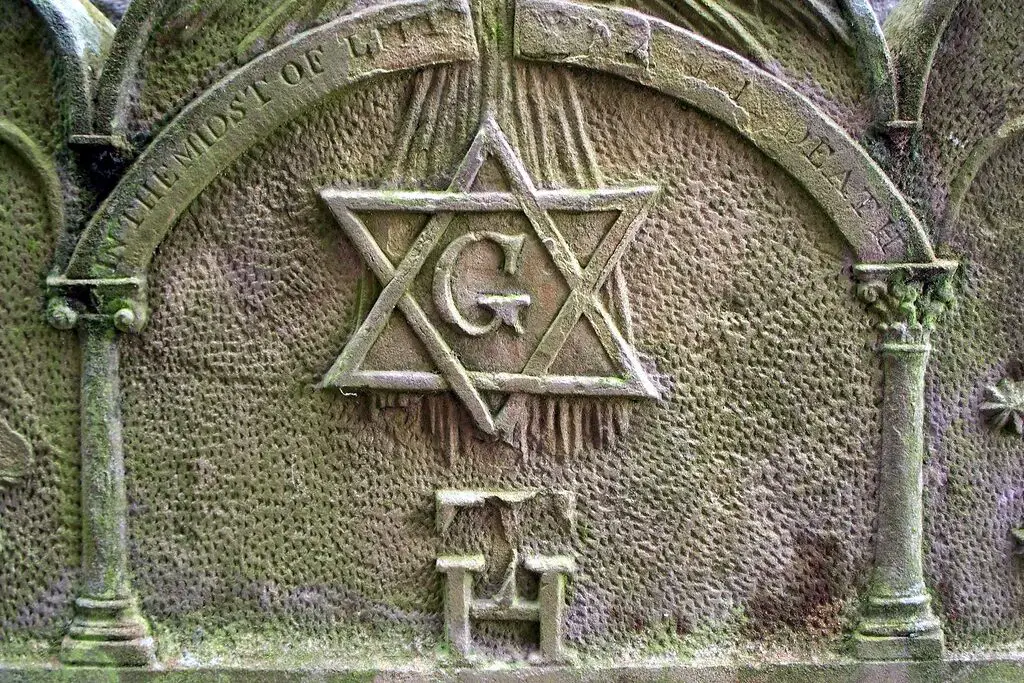
The Freemasons, one of the oldest secret societies in America, have had a profound influence on education in the United States, especially in the early years of the nation. As a group committed to moral development and community service, their principles found their way into school curriculums. Several prominent figures in American history, including George Washington, were Freemasons, and their ideals influenced the educational system’s foundation. Their influence can be seen in the emphasis on civic duty and individual responsibility that was often integrated into the lessons of the time.
In many states, Masonic lodges were instrumental in establishing public schools and providing early educational resources. Their dedication to spreading enlightenment and knowledge helped shape a system that was intended to create informed and ethical citizens. The Freemasons’ support for free public education, although not always publicly acknowledged, played a significant role in the expansion of schooling across the young nation.
2. The Odd Fellows and Their School-Related Contributions
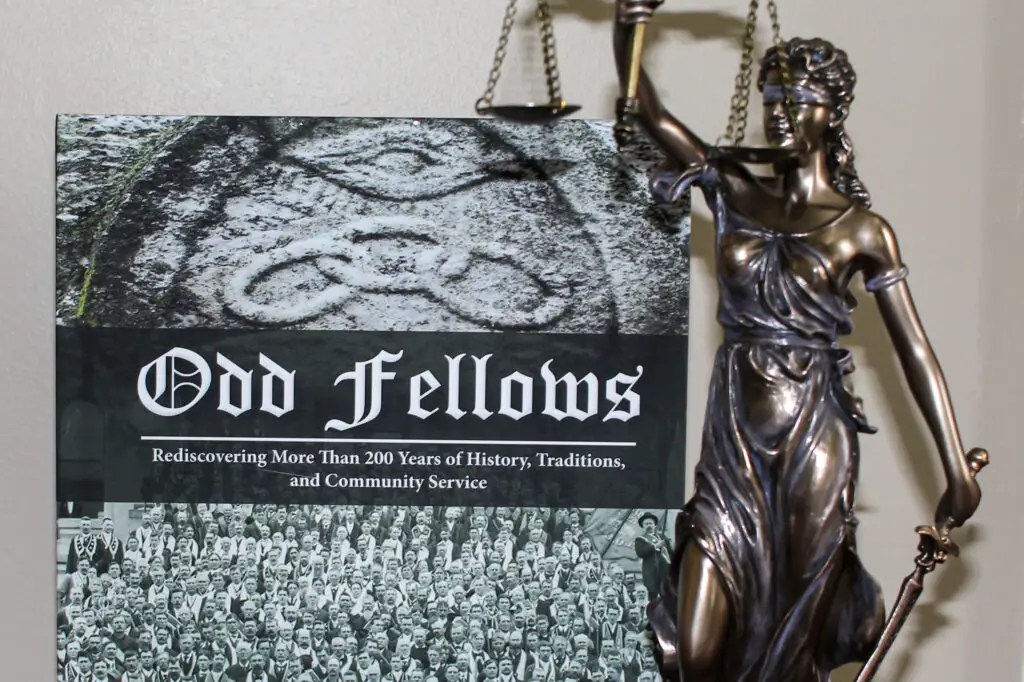
The Independent Order of Odd Fellows, another major secret society in America, also played a role in shaping public education. Founded in the early 19th century, the Odd Fellows promoted education, charity, and fraternity. Their influence on education was largely through their charitable activities, including donations to public schools and the establishment of institutions for the underprivileged. The Odd Fellows were deeply invested in supporting community education, especially in impoverished areas where resources were scarce.
Through their lodges, the Odd Fellows created educational programs and often provided scholarships or financial assistance to students. Their involvement in school-building projects helped increase access to education in rural and underserved areas, ensuring that education became more widespread. Their commitment to social welfare translated into a lasting educational impact in communities across America.
3. The Skull and Bones Society and Its Legacy in Elite Schools
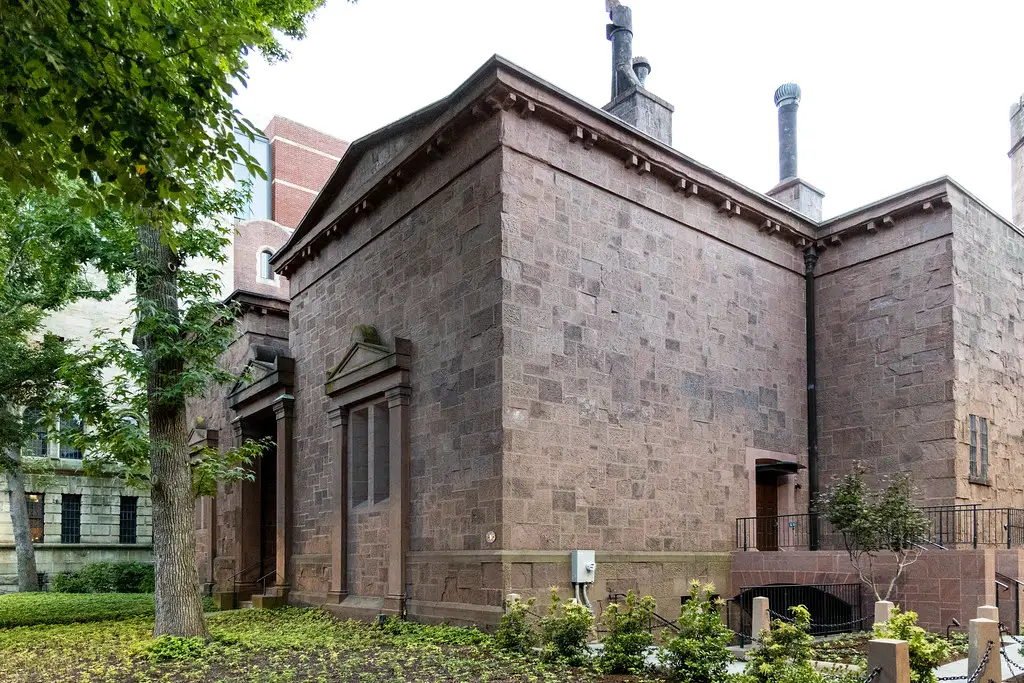
Yale University’s famous Skull and Bones society, an exclusive secret society, has influenced American education by shaping the country’s elite institutions. Members of Skull and Bones have often been influential figures in American politics, business, and education. Founded in 1832, the society was dedicated to fostering leadership among its members, many of whom would later become prominent figures in American life. Their impact on education is largely seen through their involvement in higher education, especially at Yale, where the society has nurtured future leaders.
While their influence may not be as visible in public schools, Skull and Bones has played a role in shaping the higher education landscape that indirectly affects the broader educational system. Many of its alumni have become policymakers or advocates for educational reforms, subtly impacting how public schools operate. Their emphasis on leadership and governance trickled down to influence the curricula of some of the nation’s top schools, creating a legacy of leadership that continues to impact education today.
4. The Ku Klux Klan’s Disturbing Role in Education
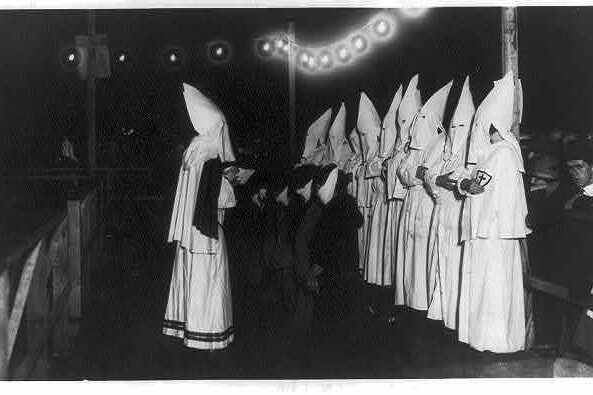
The Ku Klux Klan, a secret society notorious for its violent racism and extremism, had a dark influence on education in the early 20th century. While their impact on public schools was largely harmful, they did manage to influence educational policies in the South during the Reconstruction and Jim Crow eras. The Klan used education as a tool to spread their ideology, often lobbying for segregation in schools and promoting a curriculum that reinforced white supremacy. Their actions severely limited the education of African American children and other minority groups.
In some regions, the Klan also worked to eliminate progressive education reforms, promoting a conservative, racially exclusionary view of American history. They targeted educators who supported desegregation or who promoted a more inclusive curriculum. Though the Klan’s influence on schools was largely negative, it played a significant role in shaping the racial and cultural divides in American education during this time.
5. The Knights of Columbus and Catholic Education
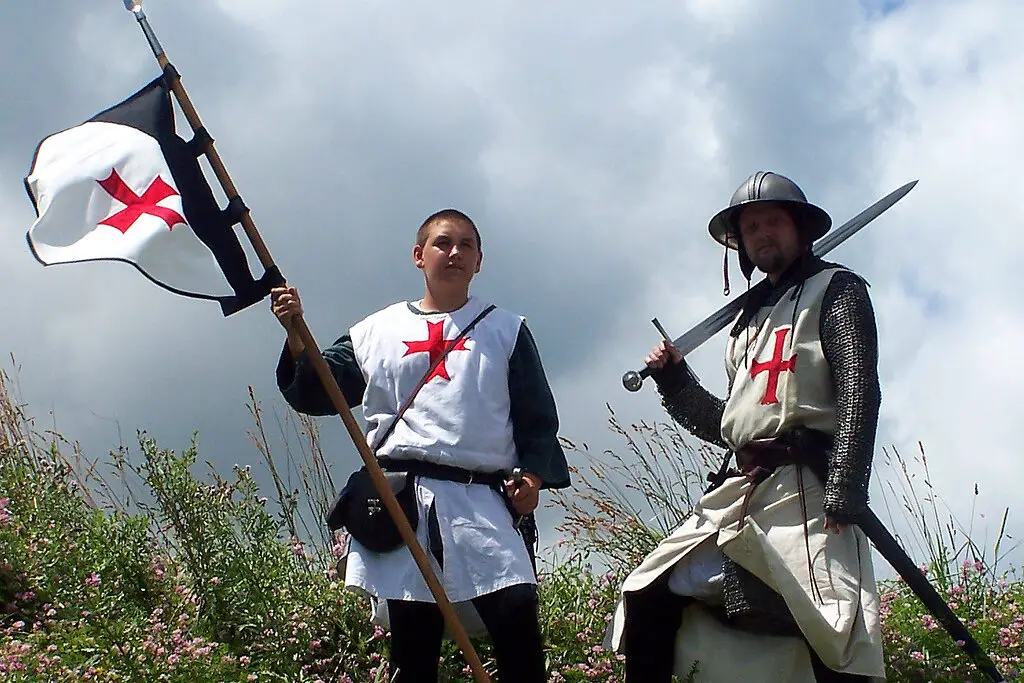
The Knights of Columbus, a Catholic fraternal organization founded in 1882, has had a significant impact on education in the United States, particularly in the realm of Catholic schooling. While not as secretive as some other societies, the Knights of Columbus played an important role in advocating for the establishment of Catholic schools, particularly at a time when many public schools were either discriminatory or dismissive of Catholic values. Their contributions ranged from fundraising to the establishment of schools that provided an alternative to the public system.
Through their charitable activities, the Knights of Columbus helped Catholic communities establish a network of schools that became a major part of the American educational landscape. Their influence can still be seen today in the widespread network of Catholic schools across the country. By supporting both the creation and maintenance of these institutions, the Knights of Columbus played a pivotal role in shaping an educational path for children who might otherwise have been excluded from public education.
6. The Rosicrucians and Their Philosophical Influence on Education

The Rosicrucians, a mystical and esoteric society that traces its origins back to the 17th century, brought their unique worldview to the United States in the 18th and 19th centuries. Although they never sought to control public education, their philosophical influence permeated educational circles, particularly in the areas of science, literature, and moral development. The Rosicrucians believed in the importance of personal growth through knowledge and enlightenment, concepts that influenced progressive educational reforms in the early years of the republic.
Their emphasis on holistic learning, where knowledge of both the arts and sciences was equally valued, influenced the development of curricula that encouraged intellectual curiosity. Many of the early schools that embraced these ideals helped foster an environment where students were encouraged to think critically about the world around them. While their influence was subtle, the Rosicrucians contributed to the broadening of educational approaches that valued both academic and moral development.
7. The Ancient Order of Hibernians and Irish-American Education
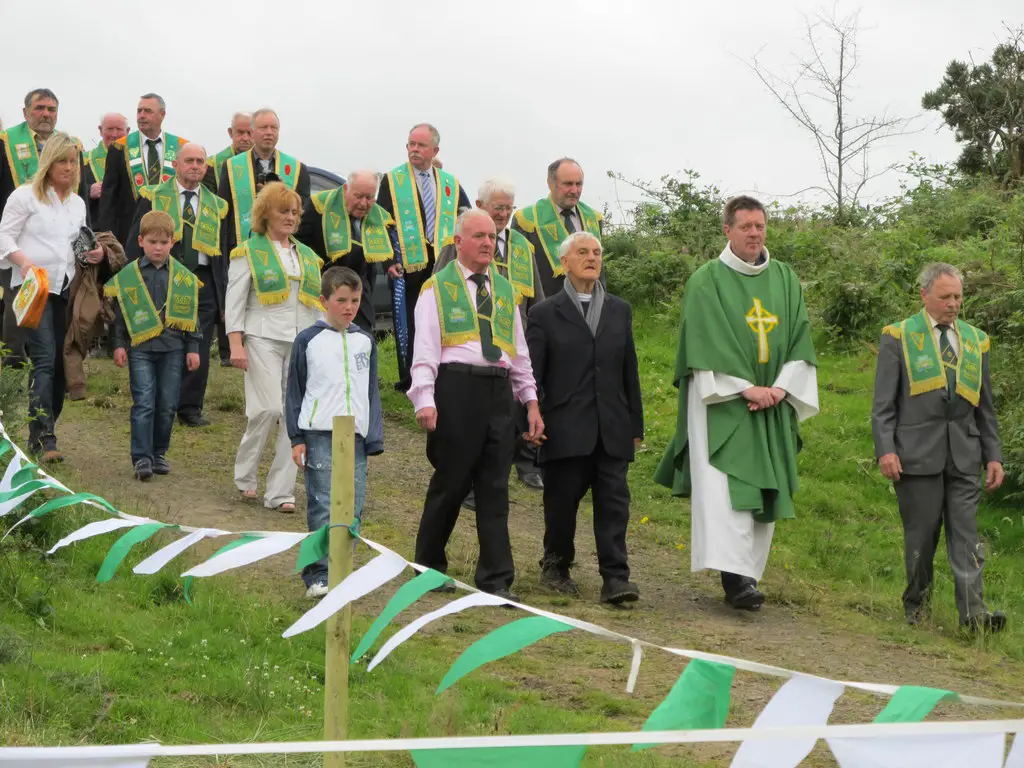
The Ancient Order of Hibernians, a secret society founded to protect the rights of Irish immigrants in the United States, had a significant influence on education in Irish-American communities. In the 19th and early 20th centuries, the Hibernians worked tirelessly to promote educational opportunities for Irish children, who were often excluded from mainstream institutions. The society focused on building schools and supporting education that honored Irish culture and Catholic traditions.
In areas with large Irish populations, the Hibernians established schools that provided not only basic education but also taught the Irish language and history. Their efforts helped ensure that Irish-Americans had access to quality education during a time when many public schools were hostile to their cultural heritage. The Ancient Order of Hibernians played a pivotal role in shaping the educational experience for Irish-American families and helped promote educational equity within these communities.
